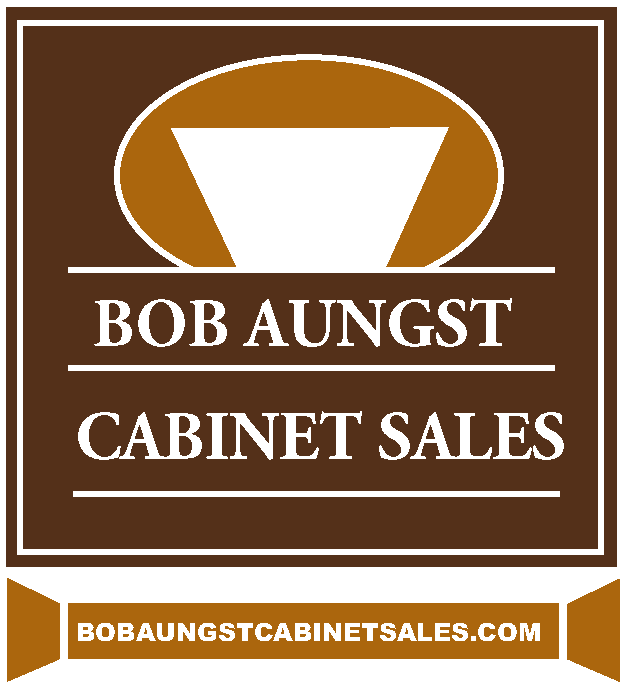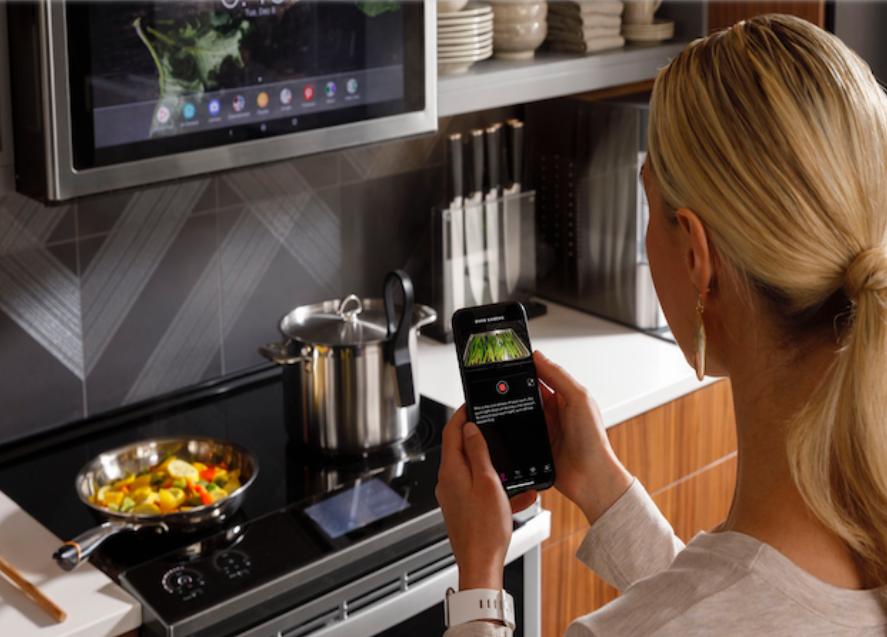Smart home technology has become essential, not optional, in today’s kitchen design. Clients expect it. And it’s not something to “think about later”.
You’ve likely experienced an increase in client questions regarding smart home features.
As kitchen designers, you are expected to be experts on every aspect of the kitchens you create. It is challenging enough to keep up to date with design trends and ever-changing appliance models. However, it appears that smart home technology may be one tough challenge.
Get Up to Speed with Smart Home Technology
- Educate yourself. Become familiar with terminology and the types of technology
- Visit informational websites, like htacertified.org
- Many appliance showrooms offer demonstrations of their smart products so you can see them in action. Dacor, Miele, Samsung, Control4 and Kohler are a few.
Dacor. In the A&D Building. 150 E 58th St 6th floor, New York, NY
Miele Experience Center. Also in the A&D Building
Samsung Experience Store. Roosevelt Field, 630 Old Country Rd, Garden City, NY
Control4 Showroom. King of Prussia, PA
Kohler Experience Center. 6 W 22nd St, New York, NY (Flatiron District)
You Need to Partner with a Technology Integrator
Here’s some good news. You don’t need to become an expert. You can partner with an expert who can help you with your designs that incorporate smart home tech. And that partner will be a technology integrator: someone who knows the ins and outs of today’s electronic systems, who is an expert in tech-related products, networks, security and infrastructure requirements.
A technology integrator is a new category of subcontractor, the expert you need who will design and build a tech-based system. Just like an electrician or an HVAC technician, an integrator designs and installs smart home systems. The integrator will also teach your clients how to operate their smart homes. Further, they make adjustments after homeowners have lived in their homes for a while.
A qualified tech integrator will be your resource for answering all your and your clients smart home tech questions. They are the expert so you don’t have to be.
The Hub of the Home

Homeowners want their homes to be connected hubs that tie together all of their smart devices, so they communicate with one another. A tech integrator is essential to design an automation system that can pull together appliances, lighting, music, climate control and home networking. Without the integrator’s assistance, it’s just a bunch of apps on a phone, each of which has to be individually opened to operate, and that gets annoying fast.
Further, many technology integrators’ firms have their own showrooms or can take you to a manufacturer’s showroom so you and your clients can experience these smart home tech systems firsthand.
After you have experienced smart home technology in a demo, you will be more confident informing your clients about their options.
Beyond home theater systems, technology integrators also design and install smart home control systems, lighting controls, motorized shades and drapes, Wi-Fi and home networks, technology for home offices, surveillance cameras, access control, home wellness technology and energy management.
How to Find a Tech Integrator
The Home Technology Association (HTA) website is an excellent resource to begin your search for a Tech Integrator. Since this is an emerging specialty, there will be many firms available to chose from. Therefore, it’s important that you look for one who is going to care about your design and put in the time for project management. They should have the same enthusiasm for the client experience as you do. Read their reviews and ask for referrals.
Start at the Very Beginning
The integrator should be the first trade specialist you hire for your team, followed by the carpenter, electrician and plumber.
Smart home technology should be one of the first conversations you have with your clients, not an afterthought. It should be built into the timeline, budget and the design before anything is finalized. Retrofitting a space after the project is complete is much more difficult. Further, it narrows down the choices. And, it’s definitely less costly to integrate tech into the design from the beginning.
Your job as the designer is to make the design functional and beautiful. The tech integrator makes the smart tech home systems work.
There's a Form for That
To get started with meeting your clients’ tech needs, you can use a Project Technology Assessments form provided by the Home Technology Association. This form will give you a checklist of the different home technologies integrators can help design, install and service. One comes with a budget calculator and one without.
Smart Home Technology in the Kitchen
Some benefits of kitchen-specific smart home tech include:
- App or voice-activated appliance operation
- Alerts to the homeowner if the range has been left on or if the refrigerator door is open
- Notifications to homeowners if there’s a power failure or leak
- Automatic appliance updates over the network
- Ability to read and store recipes and watch TV
Wellness and Smart Home Technology
Home wellness systems use integrated hardware and software to monitor and manage air quality, lighting, and water. These solutions help homeowners create a healthier living environment by optimizing the conditions that impact overall well-being.
Lighting
The kitchen requires different kinds of lighting, such as overhead lighting so cooks can see properly what they are doing. Plus, there’s under-cabinet or toe-kick lighting for ambience, accent lighting, and more.
Lighting can be tied in with a smart home tech system to make it all work seamlessly together. That includes not just standard lighting but natural light manipulation via motorized shades.
Lutron controls the amount of natural light that enters a home using automated shades. Your integrator can combine shades with lighting control.

Faucets
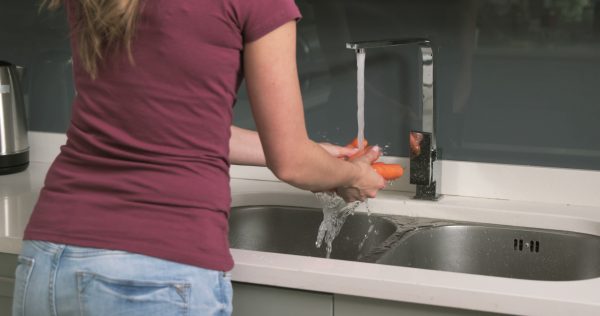
Among the most popular smart home tech-enabled offerings is the hands-free faucet that can be turned on and off by voice or a hand wave motion. In addition, smart faucets can control the amount of water dispensed, as well as the water temperature.
Appliances in the Smart Home Kitchen
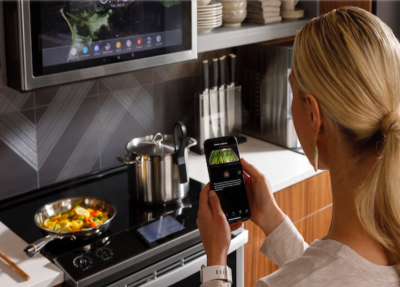
More appliance manufacturers are making their products work with smart homes. Kohler, Moen, Gaggenau, Sub-Zero and others are adding smart features so their products can integrate easily into the overall smart home technology system.
The new Kitchen Hub feature from GE Appliances:
- calls up recipes
- modifies recipes for special dietary needs
- sends instructions to appliances for temperature and timing
Smart Home Technology and Millennials
Millennials grew up with technology. Consequently, they want their homes to have all the technology that’s available, especially in the kitchen. Healthy cooking and app-controlled appliances have strong appeal to Millennials.
This means that if you want to sell to this client base of 25- to 40-year olds, you need to be up-to-speed about the integration of design and technology in the home.
Seniors can Benefit from Smart Home Technology
Smart-home technology enables seniors to stay in their own homes as they age, giving them the freedom to live independently.
Sensors that detect falls, provide alerts when an appliance malfunctions or when there is a plumbing leak are examples of technology that makes remote caregiving easy. Further, sensors can monitor daily activities, sound an alert if the front door opens in the middle of the night or, caregivers may be alerted if the medicine cabinet has or hasn’t been opened.
When incorporating technology for seniors, ease of use is key. If the technology is frustrating for them, it won’t be used.
Bigger Kitchens Require More Smart Home Technology
Kitchens are getting bigger and smarter, with more connected technology than ever before. That makes a reliable home network essential for keeping everything running smoothly.
A home technology integrator will suggest the appropriate network strength, one that will create a great Wi-Fi signal in the kitchen. The tech integrator can steer you and your clients toward a safe, secure, and high-performance home network.
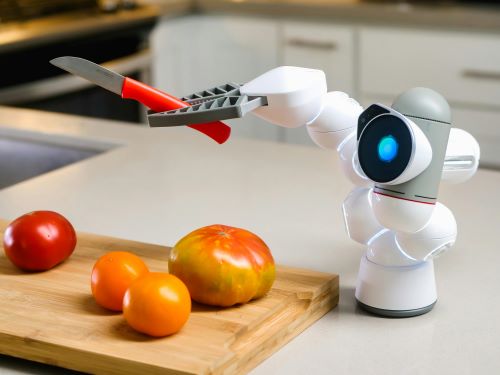
Conclusion
Smart home technology is becoming more and more essential in today’s kitchens. This technology is integrated into the kitchen design from the very first step in a way to make your client’s life more comfortable, efficient, convenient, secure, easier to use and enjoyable.
Resources
How Integrators Help Bridge the Smart Home Gap
Smart Home Technology Surges Ahead
Kitchen Tech & Millennials Report 2022 from NKBA
Fine Home Building | What is a Smart Home Integrator
Bob Aungst Cabinet Sales is a full-service rep agency with the goal of matching kitchen designers and remodelers with the cabinet manufacturers best suited to their business’ style and clientele. Owner Bob Aungst III represents Brighton Cabinetry, US Cabinet Depot, Integrity Cabinets and StyleCraft Luxury Custom Cabinets.
